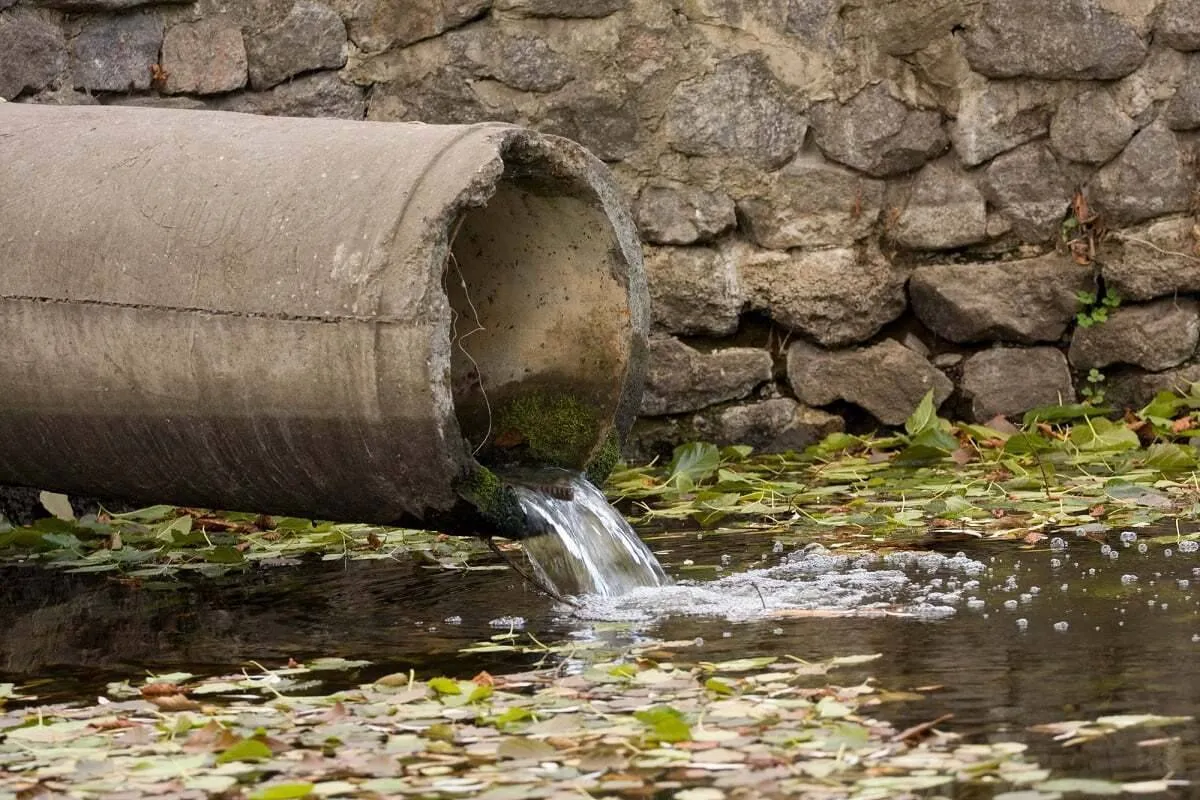Iranian Researchers Optimize Industrial Wastewater Treatment with Nanoabsorbents

"In order to increase the specific surface and porosity and the absorption capacity, cavitation agents can be used. Therefore, during the preparation of composite absorbents by adding materials like cassava starch granules and calcium carbonate and then removing them from the absorber can increase the size of the holes and correct the distribution of holes in the absorber,” said Meysam Sadeqi, a PhD graduate of chemical engineering from Noushirvani University of Babol.
He added that materials like nickel, titanium oxide, stainless steel, glass and silica-zirconia can be used as absorbent condensing core in cellulose composite.
“Also in order to reduce costs for preparation of cellulosic composite resin, a cheaper solvent can be used to dissolve cellulose,” Sadeqi said.
He noted that to achieve industrial production and its use in the fields of biotechnology, DNA isolation biology, centrifugation, filtration, cell destruction, separation, surface absorption, deposition, electrophoresis, crystallization, etc., there is a need for assessing the feasibility of using sorbents in semi-industrial scales and industrial downstream processes, optimization of effective parameters on ligands to achieve optimal efficiency in the developed platform and studying their performance in larger scale columns.
In a relevant development earlier this year, Iranian scientists at the University of Tehran used a scientific method to treat the wastewater of alcohol-making plants to produce food for aquatic animals.
Arash Javanshir, a faculty member of the Agriculture and Natural Resources Department University of Tehran, used a method based on performance of the particle capture system and treated wastewater and recycled water from the effluent resulted from alcohol production, and could treat the polluted wastewater of alcohol-producing plants to make food for aquatic animals.
“Treatment of this wastewater and the protein in the obtained sludge is not only suitable for the food diet of aquatic animals, but it will also lead to purification of water and returning it for reuse in plants and reduction of water consumption,” he said
Warning that the wastewater is harmful to plants and animals due to the existence of the hydrogen sulphide gas,” Javanshir said, adding if all plants use this system, they will help both in decreasing water and electricity consumption and keeping the environment clean.
4155/v





















